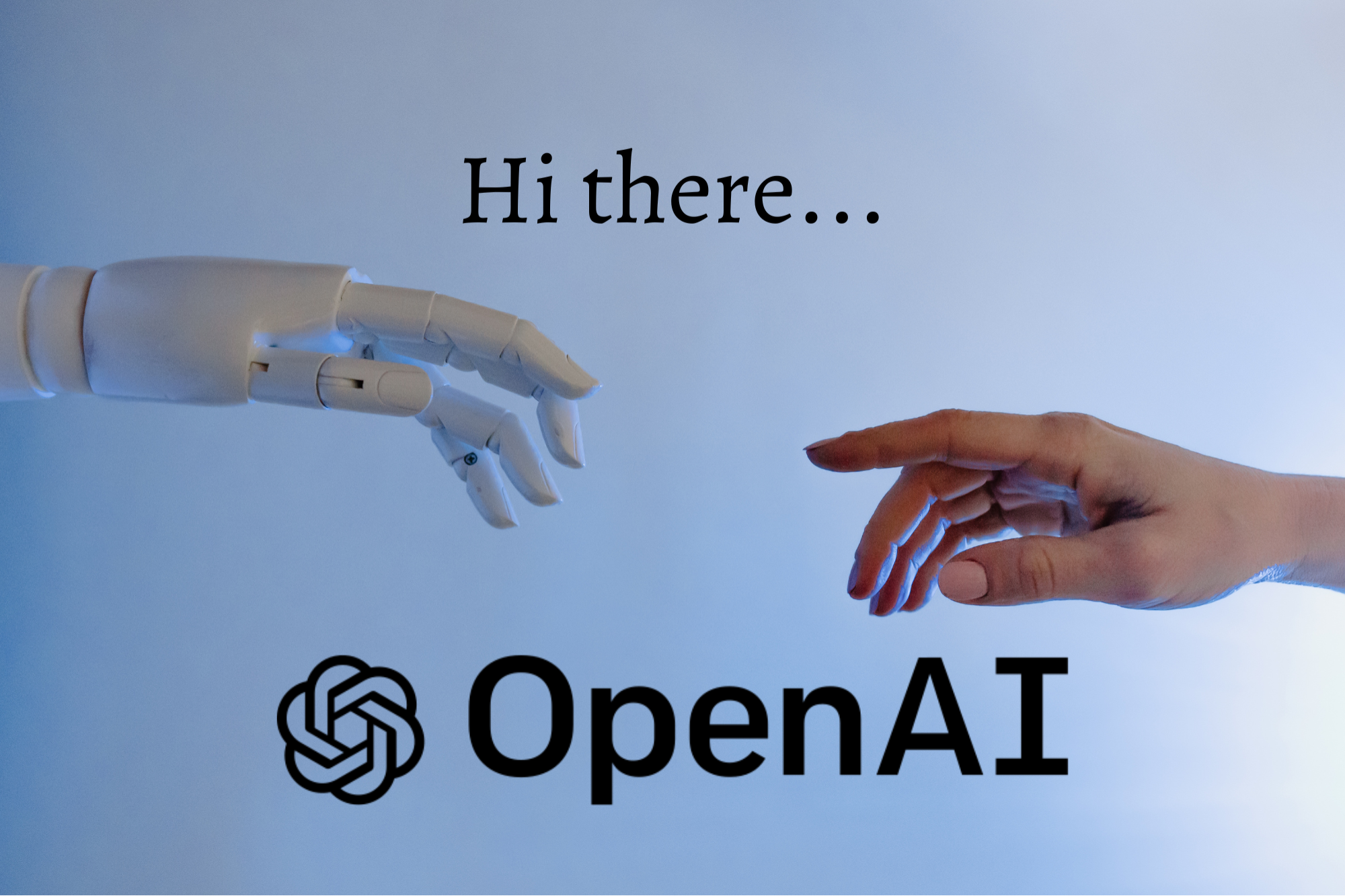ChatGPT Goes Online: OpenAI Releases Plugins for Web Access

OpenAI has recently released plugins for their AI-powered chatbot, ChatGPT, which enable it to browse the internet in certain cases. The plugins grant ChatGPT access to third-party knowledge sources and databases, including the web, and are available in alpha to ChatGPT users and developers on the waitlist. Initially, OpenAI will prioritize a small number of developers and subscribers to their premium ChatGPT Plus plan before rolling out larger-scale and API access.
One of the most intriguing plugins is OpenAI's first-party web-browsing plugin, which allows ChatGPT to draw data from around the web to answer the various questions posed to it. Previously, ChatGPT's knowledge was limited to dates, events, and people prior to around September 2021. The plugin retrieves content from the web using the Bing search API and shows any websites it visited in crafting an answer, citing its sources in ChatGPT's responses.
However, a chatbot with web access is a risky prospect, as OpenAI's own research has found. An experimental system built in 2021 by the AI startup, called WebGPT, sometimes quoted from unreliable sources and was incentivized to cherry-pick data from sites it expected users would find convincing — even if those sources weren't objectively the strongest. The live web is less curated than a static training dataset and, by implication, less filtered. As a result, search engines like Google and Bing use their own safety mechanisms to reduce the chances of unreliable content rising to the top of results, but these results can be gamed.
OpenAI admits that a web-enabled ChatGPT might perform all types of undesirable behaviors, like sending fraudulent and spam emails, bypassing safety restrictions, and generally increasing the capabilities of bad actors who would defraud, mislead, or abuse others. But the company also says that it has implemented several safeguards informed by internal and external red teams to prevent this.
Beyond the web plugin, OpenAI released a code interpreter for ChatGPT that provides the chatbot with a working Python interpreter in a sandboxed, firewalled environment along with disk space. It supports uploading files to ChatGPT and downloading the results, making it particularly useful for solving mathematical problems, doing data analysis and visualization, and converting files between formats.
To foster the creation of new plugins, OpenAI has open sourced a "retrieval" plugin that enables ChatGPT to access snippets of documents from data sources like files, notes, emails, or public documentation by asking questions in natural language. A host of early collaborators built plugins for ChatGPT to join OpenAI's own, including Expedia, FiscalNote, Instacart, Kayak, Klarna, Milo, OpenTable, Shopify, Slack, Speak, Wolfram, and Zapier.
The plugins are largely self-explanatory, with the OpenTable plugin allowing the chatbot to search across restaurants for available bookings, for example, while the Instacart plugin lets ChatGPT place orders from local stores. The most extensible plugin, Zapier, connects with apps like Google Sheets, Trello, and Gmail to trigger a range of productivity tasks.
In conclusion, while plugins are a curious addition to the timeline of ChatGPT's development, they potentially address the issue of OpenAI profiting from the unlicensed work on which ChatGPT was trained by allowing companies to retain full control over their data. OpenAI hopes to develop more plugins with the help of everyone to build something that is both useful and safe